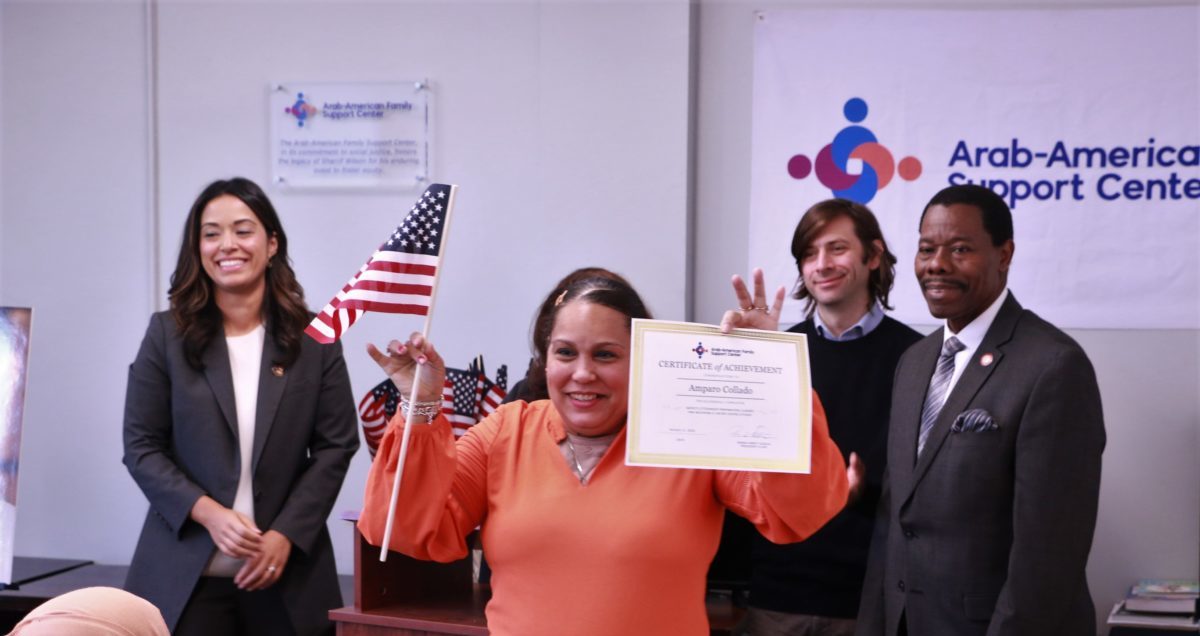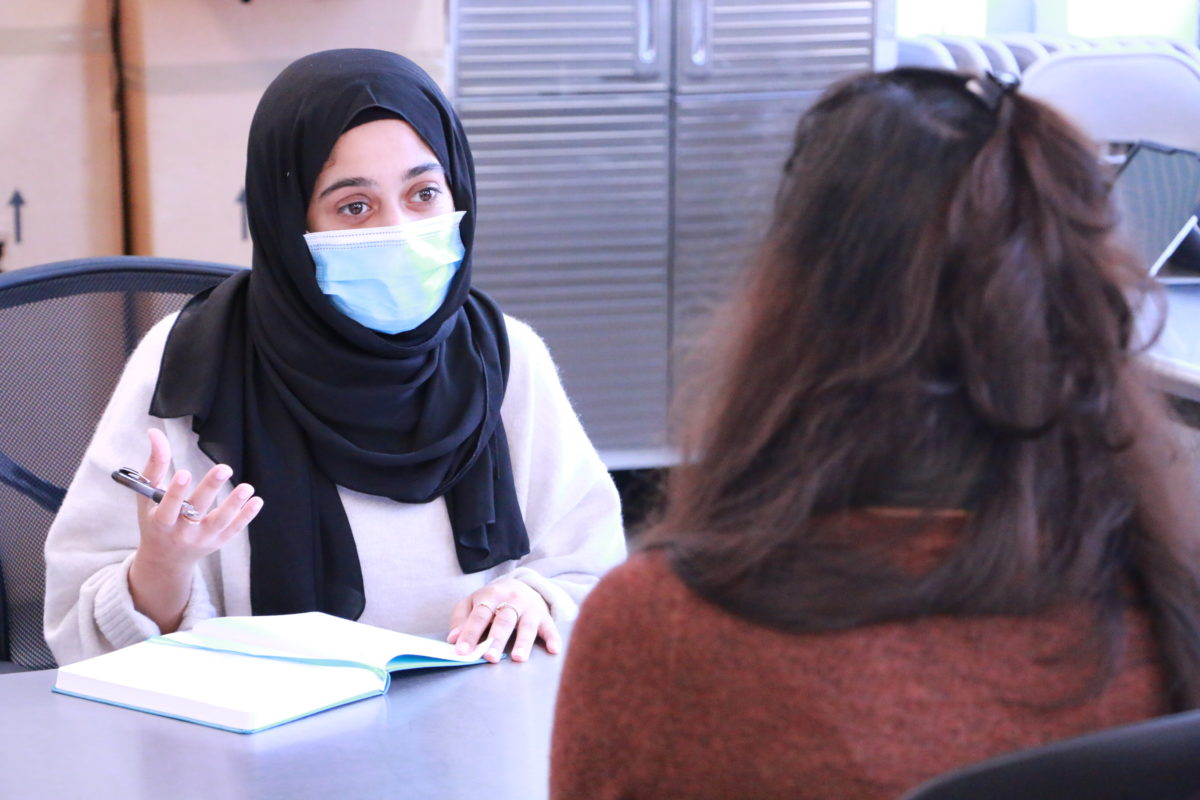The Arab-American Family Support Center is committed to measuring our impact and utilizing culturally and linguistically responsive evaluation practices to ensure ongoing improvement of our programs and initiatives. We are proud to prioritize research and analysis that expands our understanding of community needs and highlights the impact of culturally appropriate intervention.
74%
reported that COVID-19 caused economic hardship due to pandemic-related job loss and business closures
66%
reported a health-related need in our Community Needs Assessment, examining pressing needs between March 2020 - June 2021
100%
of AAFSC's Caregiver-Child Bonding Circle participants agree that they understand the types of caregiving practices that foster early childhood development
The Arab-American Family Support Center's suite of culturally and linguistically competent approach to service delivery target immigrant and refugee populations that mainstream providers struggle to reach, and impact communities that are often left behind. Read more about the impact of our programs and initiatives in our impact reports!


The Arab-American Family Support Center is paving the way to measure and evaluate the unique needs and challenges that immigrant and refugee families face, and our approach to data disaggregation addresses systemic inequities that render many communities voiceless. These assessments are used to inform our approach to addressing community needs and raise awareness to policymakers and stakeholders.
As an advocate for immigrant and refugee communities, the Arab-American Family Support Center is raising awareness around the importance of culturally and linguistically competent research practices. We are partnering with academic institutions on critical research pursuits that highlight community needs, inform culturally responsive interventions, and elevate the voices of immigrant and refugee communities in the research space.
